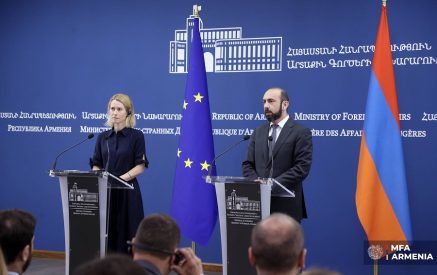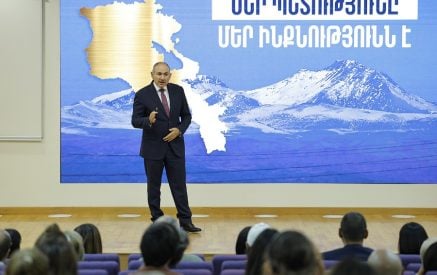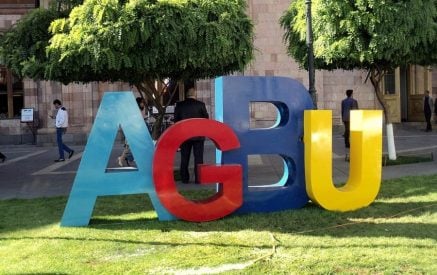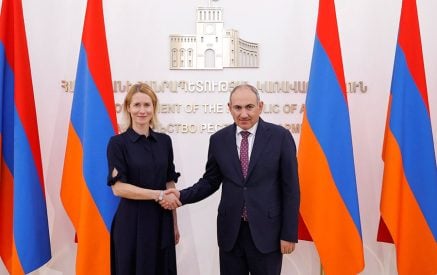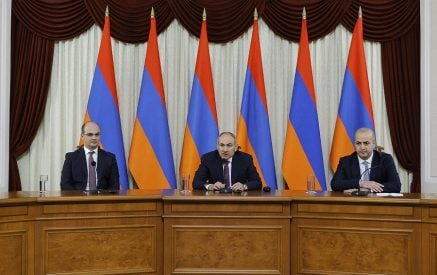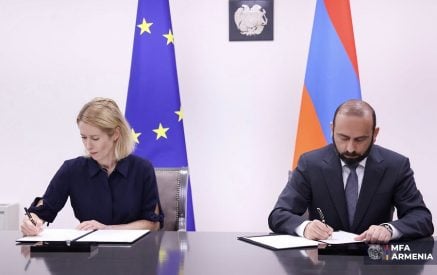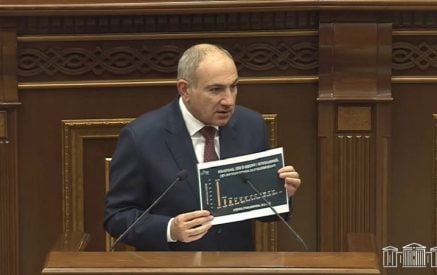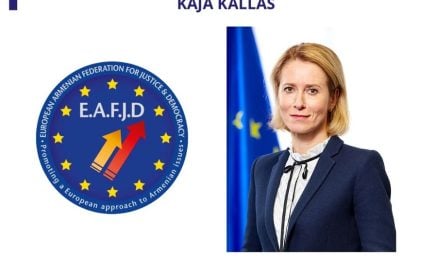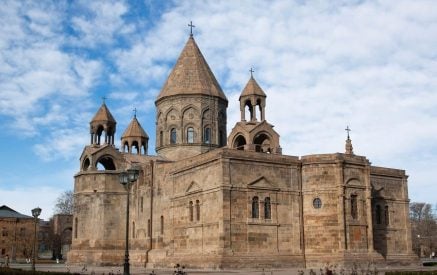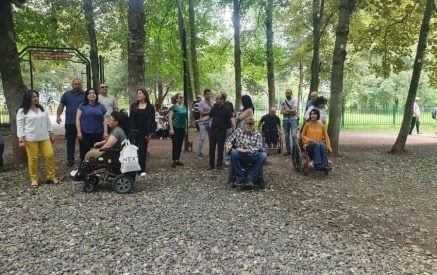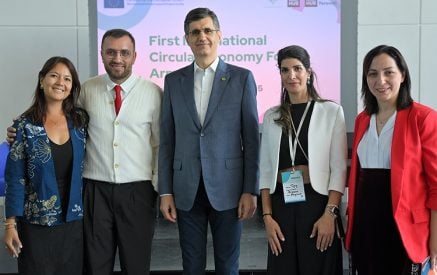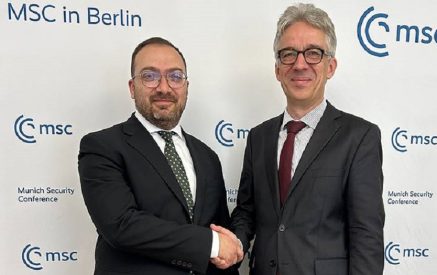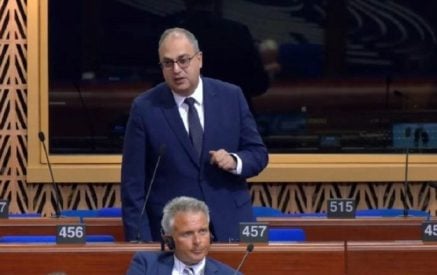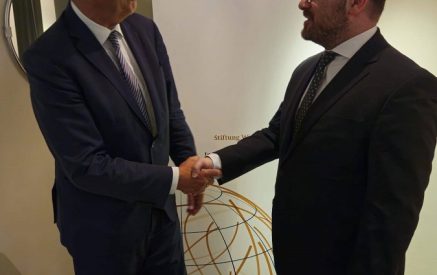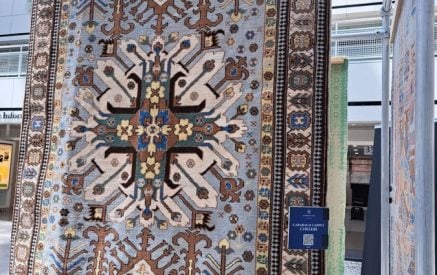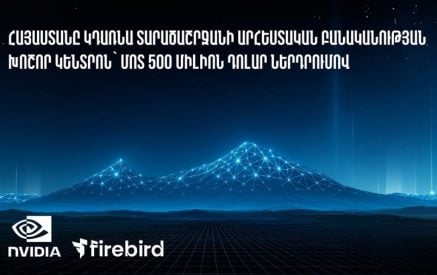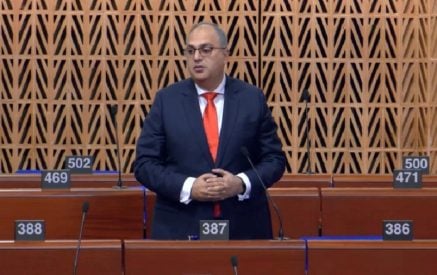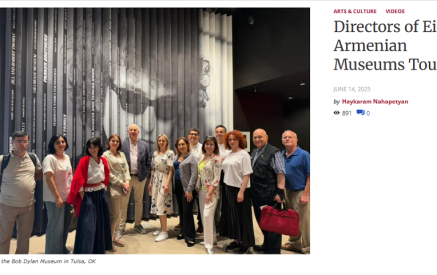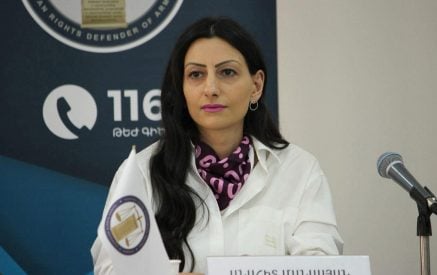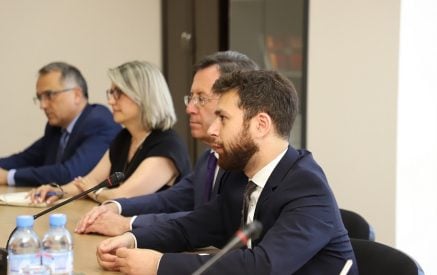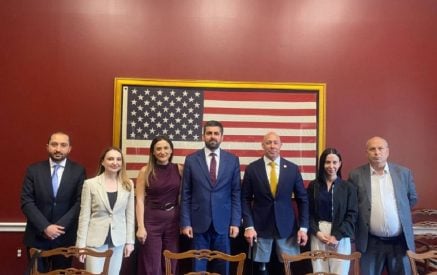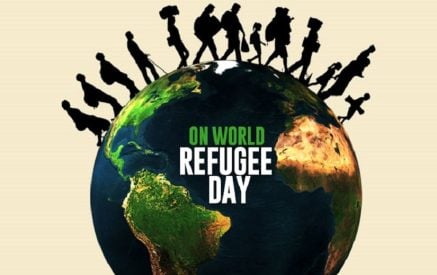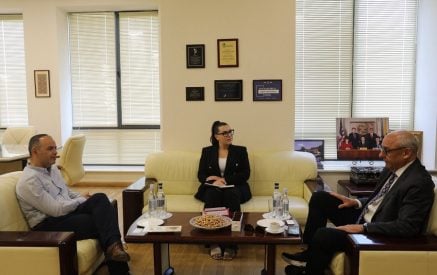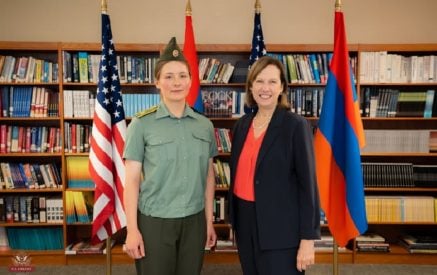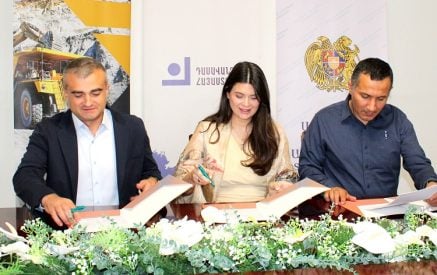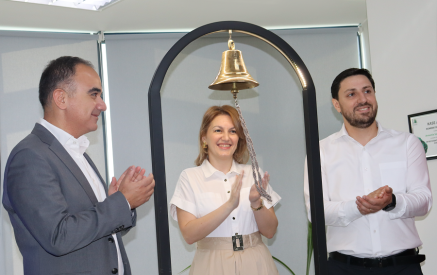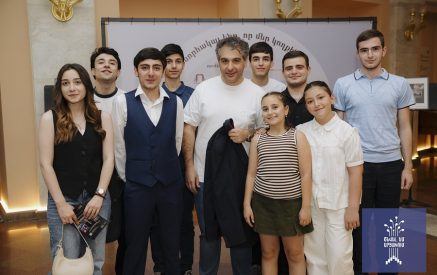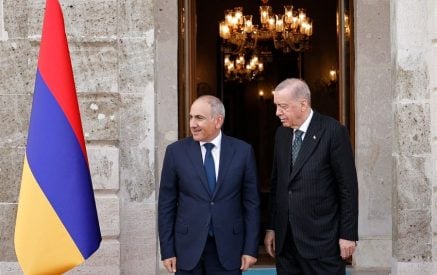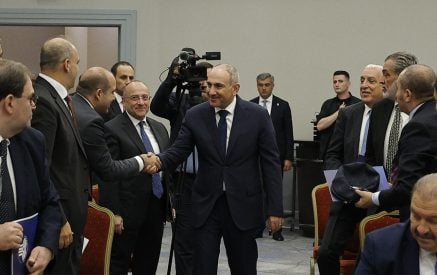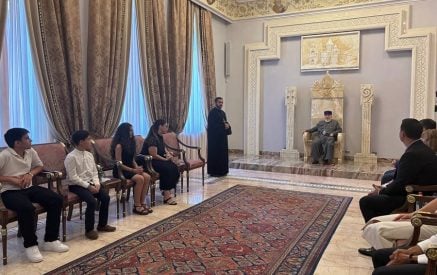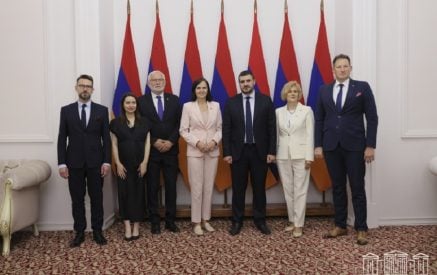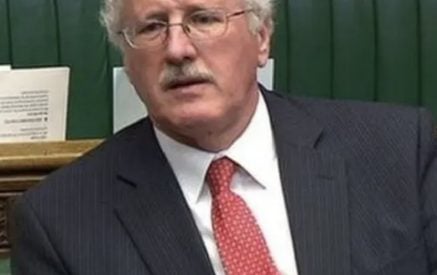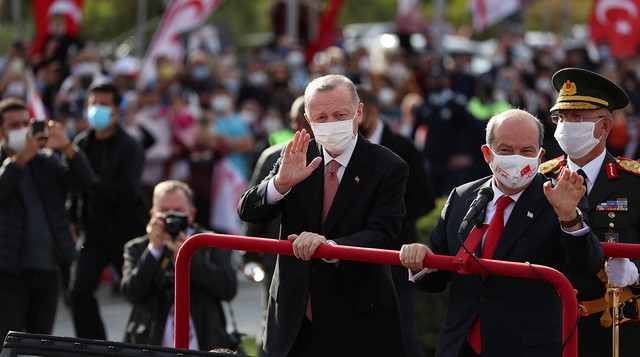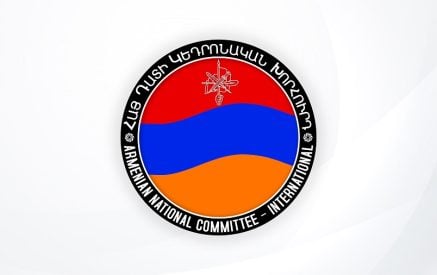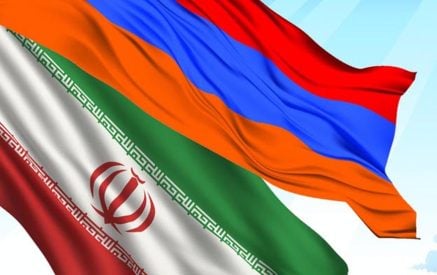Last week, interesting developments took place surrounding the so-called “Turkish Republic of Northern Cyprus,” which was established in 1974 as a result of Turkish invasion and is only recognized by Turkey. Turkish President Recep Tayyip Erdogan visited the island’s Turkish portion and announced that all negotiations for the reunification of Cyprus are no longer relevant, and now it is necessary to fight for Northern Cyprus’ independence. Erdogan’s statement goes against steps initiated by the UN over the past 20 years that were aimed toward the island’s reunification. Those efforts were essentially thwarted in 2015 when opponents of the united Cyprus came to power in Northern Cyprus.
At one point, Turkey’s allies Pakistan and Bangladesh tried to recognize Northern Cyprus. But after UN Security Council Resolution 541, paragraph 7 of which explicitly prohibits such recognition, the two countries “withdrew” their recognition. The problem, however, is that the resolution was adopted in 1983 (when the Republic of Northern Cyprus declared itself), and since then, a lot of water has flowed. In particular, we can not compare Turkey today and 40 years ago, which has become a serious political factor in recent decades with which at least two superpowers, Russia and the United States, carry out various military-political and economic programs. The problem of the third superpower, China, is a little different, and about that a little later.
Now, both the aforementioned Turkish allies and its number one ally, Azerbaijan, are ready to recognize the independence of Northern Cyprus, and one of the main reasons for that is that Turkey and Azerbaijan consider the Artsakh issue closed, and there is no basis for recognizing Artsakh’s independence. Now, they can deal with the “thawing” of the Cyprus issue without fear that there may be some parallels in terms of recognition. By the way, there is information that by the same logic, the recognition of Kosovo will be more active now.
Whose interests contradict Turkey’s “Cypriot” ambitions the most? Naturally, the countries that have serious interests in the Mediterranean. And the most powerful of these countries in Europe is France. This is partly due to the country’s activation in the region, as well as the unequivocal demand that the talks on Karabakh continue in the format of the Minsk Group Co-Chairs. In a recent interview with RFE / RL, French Ambassador Jonathan Lacote expressed his country’s support for Armenia. “As for the cooperation between Armenia and France in the field of defense, we, naturally, will be ready to consider all the applications addressed to us by the Armenian authorities. Of course, we must take into account some realities. France and Armenia are not members of the same military alliances,” he said. But that’s only part of the picture. The other part is conditioned by the ambitions of France in this region, and in this case, the whole European Union. In the same interview, Lacote made another noteworthy remark. He advised avoiding the word “corridor,” noting that there are unpleasant memories associated with this concept, citing the example of the Danzig corridor. It was a link between East Prussia and the rest of Germany between World War I and World War II, which was part of Hitler’s militaristic ambitions. At the same time, of course, he does not speak in favor of Aliyev, who demands the Zangezur Corridor.
Read also
What is hidden under that? Of course, political scientists should have their say here, but the first impression is that two regional projects are colliding in this issue. One is “north-south,” looking at the map, so to speak, “vertically:” Europe-Black Sea-Georgia-Armenia-Iran-Persian Gulf, and from this perspective, we can explain why the EU allocated tangible money to “Syunik’s sustainable development,” i.e., the construction of the north-south road through Syunik. By the way, if there is such a program, then I think Armenia should pay serious attention to closer relations with Georgia. The second program, which is being lobbied by Russia and Turkey, is conventional, and the Zangezur Corridor is part of it. There seems to be a Chinese interest in this project as well, as it could be part of a one-way-one-zone project. Of course, in the context of journalistic analysis, it is not possible to say which project is “better” (I can not take on such a responsibility), and whether it is possible to combine the two projects. In any case, these issues are worth thinking about.
Aram Abrahamyan


